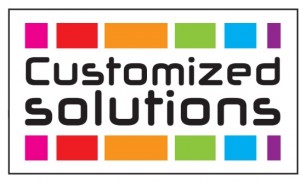You’re being told it won’t work? Let’s find a solution together!
Some applications require very specific laboratory organization in order to deal with hazardous materials, special sample conditioning or pre-treatment. If your laboratory is equipped to meet all those requirements, your instrumentation must be customized to become compatible with these specific operating conditions. SETARAM skills in instrument design, our expertise in sensors, electronics, thermal transfers, materials and the organization of our R&D optimized for developing customized solution can help at tackling any type of challenging condition.
Protection of the user against the sample: the case of radioactive materials research
Sample storage cell, analytical laboratory,UP3 reprocessing plant,
Cogema-La Hague.Cherbourg. France.
AREVA/JEZEQUEL (SIDNEY)
Radioactive materials science requires handling of hazardous substances (fuels, wastes, reactive gases, etc) under safe conditions for the operators and characterization instruments. In a lot of cases, these materials need to be handled in glove boxes or in hot cells (lead chamber) depending on the radiations types and intensities.
Thermal analysis and calorimetry are common thermal characterization techniques for nuclear fuels (current or candidates), wastes, and surrounding materials (ex: cladding). It means that the instruments concerned must be customized to become compatible with these specific operating conditions.
An extreme adaptation case: the space calorimeter
Among the most challenging laboratory conditions are those of the International Space Station (ISS)…
Calorimetry is a common technique for the characterization of water-in-oil emulsions that can be met in the petroleum or food industry fields. A phenomenon affecting the stability of emulsions is known as coalescence, which refers to the merging of small water droplets into larger ones. Gravity being one of the driver for coalescence, researchers from the European Space Agency initiated the FASES project (Fundamental and Applied Studies on Emulsion Stability) to study the impact of the absence of gravity on emulsion stability. They consulted SETARAM Instrumentation to develop a calorimeter able to fit with the challenging conditions of a laboratory in space.


